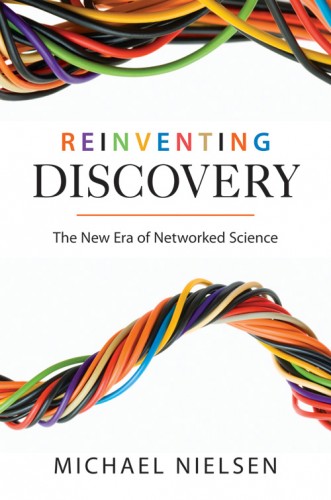
In the past month alone, scientists have found evidence supporting the existence of 42 planets outside of Earth’s solar system. Though leading astronomers such as Yale Professor Debra Fischer are heading these efforts, most of the data analysis is done by “citizen scientists,” or volunteer participants who analyze public online data from the NASA Kepler Space Mission. Remarkably, the Planet Hunters project is just one of many in the growing trend of Open Science.
In his new book, Reinventing Discovery: The New Era of Networked Science, physicist Michael Nielsen explores the growing momentum of the Open Science movement, delving into how modern technology has shaped the world of scientific discovery. With a style that is both informative and concise, he makes a compelling argument that in the age of the internet, “more heads are better than one.” He also provides detailed accounts of projects like GalaxyZoo and the Polymath Project, which are powerful examples of the positive impacts that crowdsourcing can have on scientific discovery.

Though largely optimistic about this new scientific movement, Nielsen does acknowledge that Open Science, like its many other open-source counterparts, faces numerous challenges. Therefore, instead of delivering a one-sided portrayal of Open Science, he discusses the subject from a balanced perspective and lends credibility to his ideas.
A fantastic and accessible read, Reinventing Discovery offers a novel perspective on the future of scientific research. The book takes a profound look at the possibilities of Open Science, and will be especially helpful to any aspiring citizen scientists.
